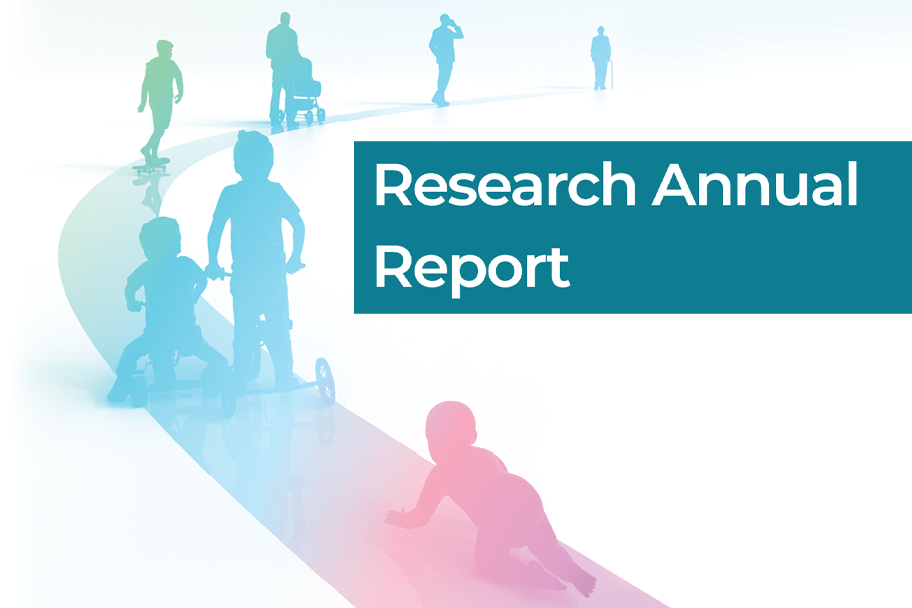Advancing Neurological Care Through Collaborative Scientific Efforts
Cincinnati Children's Division of Neurology aims to advance the care of children, adolescents and young adults with neurological conditions through cutting-edge research. We focus on exploring innovative treatments, improving diagnostics and shaping the future of neurological care through collaborative scientific efforts.
Our research spans various areas of neurology, combining lab-based discoveries with clinical applications to deliver real-world solutions for our patients.
- Clinical research: Discovering causes of neurological problems and evaluating novel treatments including new medications, genetic therapies, brain stimulation and other therapies
- Translational studies: Translating findings from basic research into clinical applications, improving care for children worldwide
- Basic research: Investigating the biological mechanisms behind neurological diseases to identify new treatment pathways.
Research That Contributes to Real-World Changes in Care
Covering more than 20 specialized research areas, our experts address common and rare disorders to improve diagnosis, treatment and patient outcomes. Key areas include:
- Seizure and epilepsy disorders
- Headaches and migraines
- Autoimmune neurological conditions
- Movement disorders
- Neurology for neonates and infants
- Neuromuscular disorders
- Neuro-oncology (brain and spinal tumors)
- Neuroimmunology and neuroinflammation
- Tuberous sclerosis
Our research in these areas has led to real-world changes in how we care for youth with neurological conditions. Our work has helped:
- Change the outcome worldwide for management of headaches
- Enhance diagnostic tools for epilepsy and other disorders
- Develop improved treatment protocols for neuro-oncology patients
- Pioneer new therapies for children with neuroimmunological diseases
- Develop and advance new treatments for neuromuscular diseases
- Change the trajectory for tuberous sclerosis
Infrastructure and Collaboration Drive Discovery
Cincinnati Children's has one of the largest pediatric research facilities in the country. Our comprehensive research infrastructure features:
- Advanced technologies, such as magnetoencephalography (MEG), electroencephalogram (EEG) and transcranial magnetic stimulation (TMS)
- State-of-the-art lab facilities for molecular and cellular neurobiological, electrophysiological and behavioral studies
- Experienced research teams, including dedicated coordinators and biostatisticians, to support clinical trials
Our facilities were designed to promote collaboration across disciplines. Working with multiple divisions throughout the institution, we develop multidisciplinary care programs and find better treatments for neurological disorders.
This collaboration extends beyond Cincinnati Children's and includes multicenter studies funded by the National Institutes of Health (NIH) in epilepsy, migraine, and neurodevelopmental disorders. We are also actively involved in national and international research networks to advance pediatric neurology through large-scale studies.
Looking Ahead
Our goals include expanding our research into emerging areas, such as neuro-critical care, while strengthening collaborative partnerships across institutions. We aim to set the stage for discoveries and better treatments in pediatric neurology.





